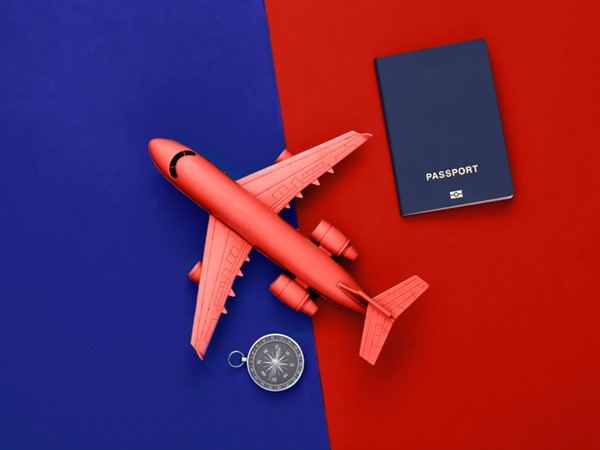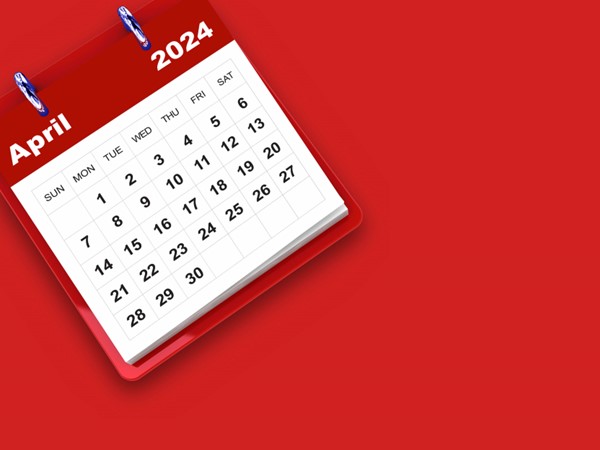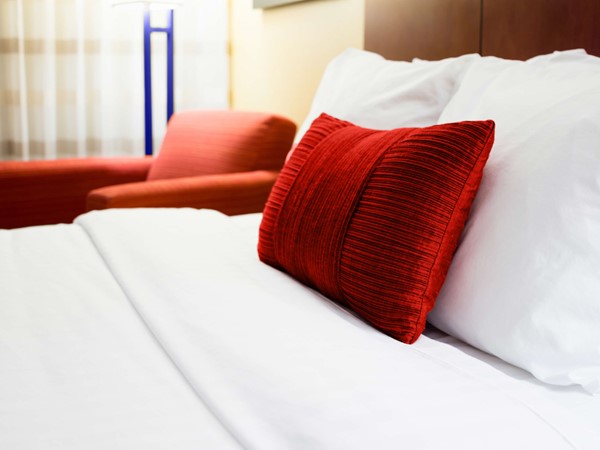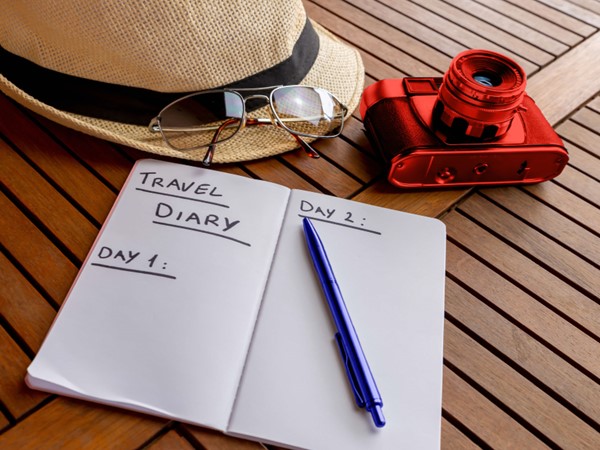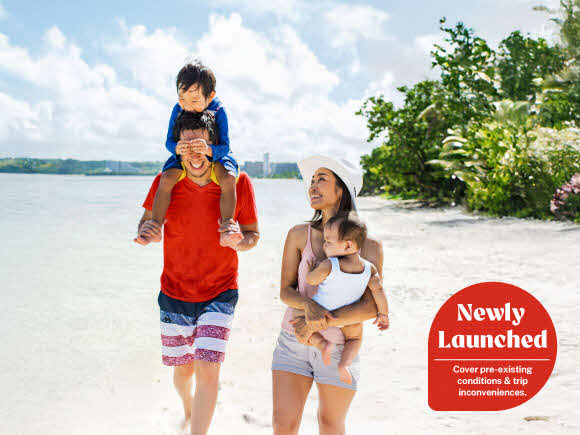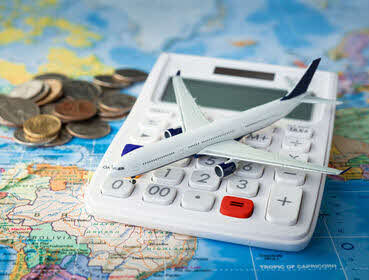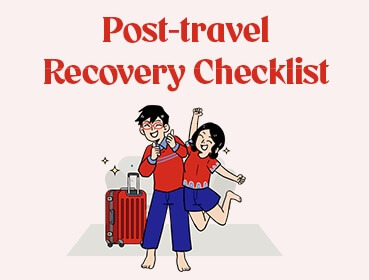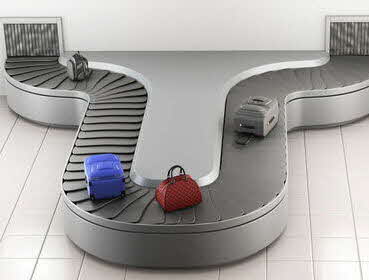Sleep tourism: A “dream” vacation
The trip of your dreams: Great for your wallet and mental health
There’s an old joke that you always need a “vacation to recover from your vacation.” But there is a grain of truth to it: if you had the kind of vacation where you had to scramble to multiple cities while waking up at 6am to catch a train, or a holiday where you were on your feet shopping for 10 hours a day, your “break” could leave you more exhausted than ever. So as an alternative to recharge and also save a substantial amount, consider a bit of sleep tourism instead:
Why do we need sleep tourism?
This is a mode of vacationing where you prioritise sleep and mental health over constant excitement. This is especially useful for Singaporeans, who are now among the world’s most sleep deprived people: we came in third in a survey of 43 cities, and sleep deprivation has even been considered a public health crisis.
Sleep deprivation does more than just make you feel bad: it raises your risk of accidents, lowers your productivity, and increases the odds of critical illnesses like heart disease and stroke. It can also lead to weight gain and depression, and slowly eats away at your quality of life.
By engaging in a bit of sleep tourism, you may be sparing yourself from the steep costs of dealing with these illnesses.
How does sleep tourism work?
Sleep tourism still involves a vacation and travelling; and you should still go to the places you want to see. The only difference is that the emphasis is on relaxing and getting good sleep, more so than shopping or excessive partying.
Rather than shop or drink till 2am in the morning, for example, your itinerary might be a relaxing spa day, a gentle walking tour, etc. and a reasonably early night (perhaps in bed by 9 to 10pm).
Some hotels now have special facilities for sleep tourism, such as having a dedicated sleep programme with options like light and noise-reduction, pillow menus, sleep-enhancing spa treatments, guided meditation and relaxation technqiues.
How to do sleep tourism in a way that also saves you money:
1. If you’re on a budget, you don’t need to travel very far
The good thing about South East Asia is that we have a lot of laid-back, scenic islands to choose from; and flights can be highly affordable. From Langkawi in Malaysia, to Palawan in the Philippines, there’s a wide range of places you can travel to lounge on the beach, or go for affordable spa treatments.
Remember that for sleep tourism, excitement, shopping, and the clubbing life are supposed to take a backseat. So there isn’t a need to travel to high-budget, long distance destinations to manage it.
2. Off-peak seasons may coincidentally be the best times to go
Here’s a bit of good news: the times when work stress is at its peak, is quite often the time when travel expenses are lowest. For most of the working world, middle-of-the-year periods, when major projects are in full swing, are also the times when there are fewer people on tour.
This means that at the times you most need it (e.g., the middle of April when work is crushing everyone), it’s also among the cheaper times to fly and get a resort / hotel. And because this is sleep tourism, you can consider a combination of work and travel that will still maintain a restful regime: work by the beach in the morning or afternoon, and then have a proper sleep in luxurious settings after.
3. Look for value-added accommodations
When it comes to sleep tourism, you should focus on the accommodations more than usual. It’s the opposite of a shopping or adventure tour (in those cases, you’ll be spending most of the time outside the hotel room, so the accommodations can be more bare-bones).
Look for hotels or resorts with free WiFi, with decently priced cafes you can work in for most of the day, or those with specialised sleep programmes. Some resorts and hotels have a special emphasis on spa packages, some of which can help you to sleep better.
Any added costs are mitigated by spending less on shopping, cab fares, or high-octane adventure activities; so the overall costs for more lavish accommodations may be lower than you expect.
4. Being disciplined with the plan also saves you money
The main challenge with sleep tourism is fighting the sense of FOMO: a part of you may insist that, since you’re in a foreign country, you should be out all night partying, shopping, climbing a mountain somewhere, etc.
But you have to avoid letting this eclipse the main objective, which is to sleep well and recharge your mental health. The added bonus to maintaining this is that, when you’re not constantly going out to party or shop, you’ll find the overall cost of the vacation is also lower.
While you’re add it, ensure the trip is truly low-stress with the right coverage
The whole point is to sleep well, so make sure you have coverage for factors like sudden cancellations or lost baggage.
Let us match you with a qualified financial representative
Our financial representative will answer any questions you may have about our products and planning.





